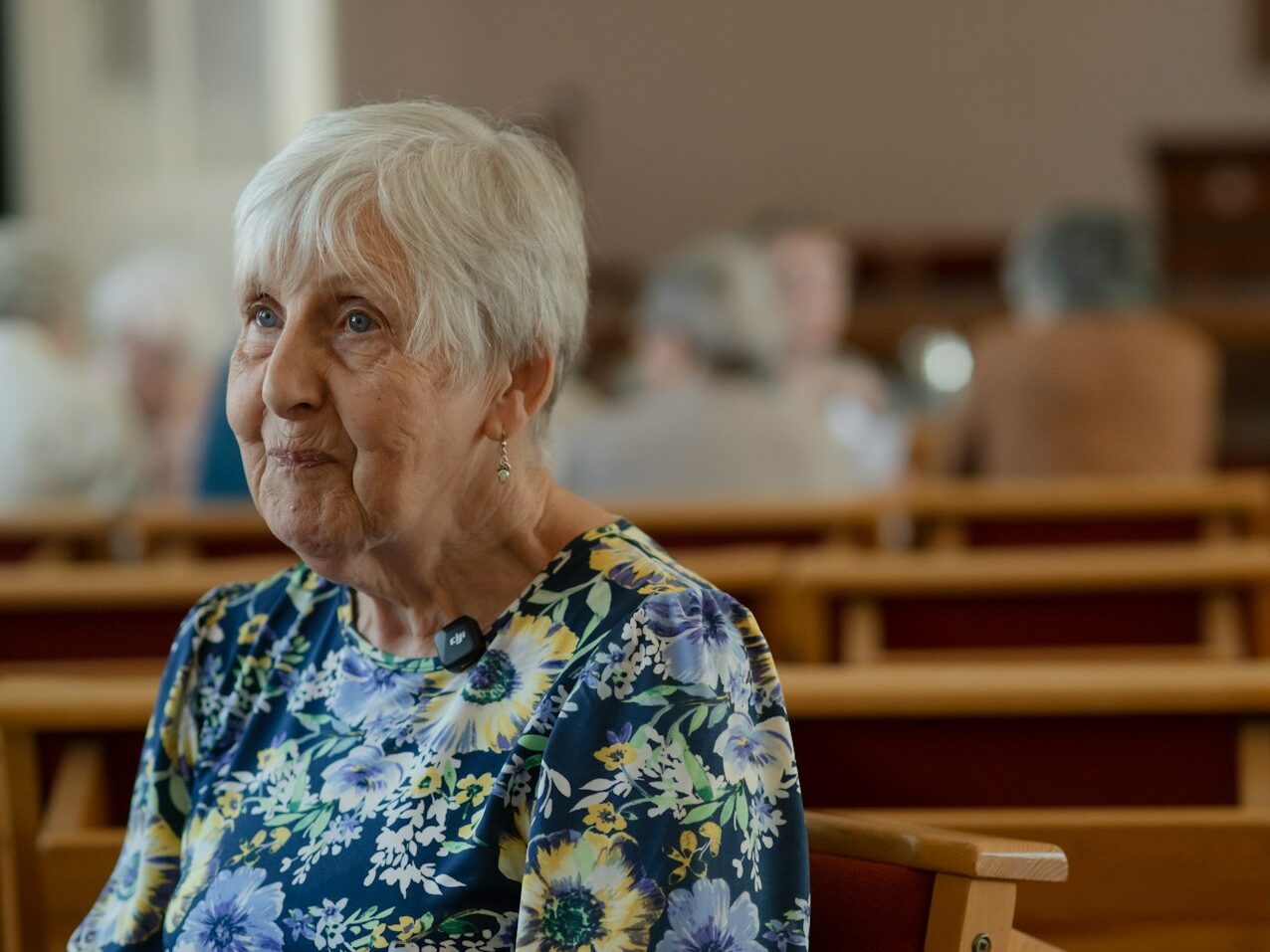
Faith looks simple when you’re young. You think it’s about doing the right things, avoiding the wrong ones, and trying to stay grateful in between. Older Christians don’t have all the answers, but they’ve lived long enough to see how faith stretches, bends, and somehow still holds. These are the lessons they wish they could pass on to those still figuring it out.
Doubt isn’t the opposite of faith.

When you’re young, doubt feels dangerous, like a hole in the boat that will sink everything. But older believers know doubt is more like the wind—it pushes you to move, search, and discover deeper trust. Some of the strongest faith comes from people who’ve wrestled hard with their questions and still chose to believe anyway. God can handle your uncertainty. He’s never been threatened by honest confusion.
You don’t have to prove anything to God.
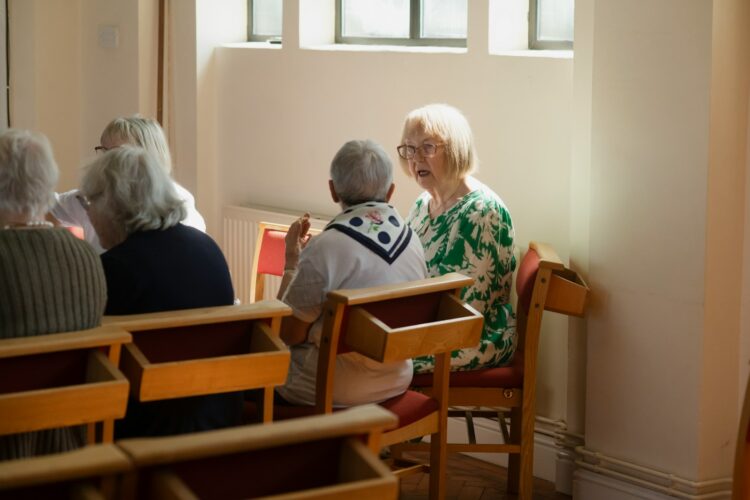
You can spend years trying to impress God with good behavior, service, or spiritual achievements. But eventually, you realize He was never keeping score. He already loved you when you were still figuring it all out. Older Christians learn that grace was the point all along. It’s not about how much you do—it’s about how deeply you let yourself be loved.
Prayer doesn’t always sound holy.
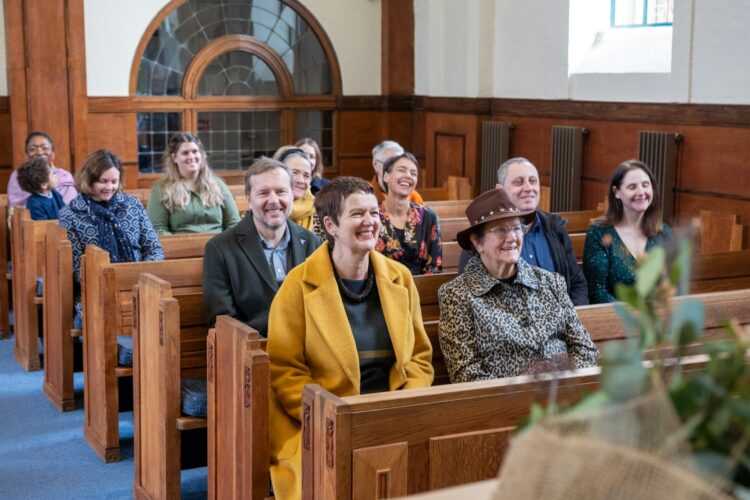
When you’re younger, prayer can feel like an assignment—carefully worded, formal, almost like an essay to be graded. Later, you learn that some of the best prayers sound more like sighs, tears, or silence. You stop performing and start talking. You can pray while folding laundry or driving to the store. God isn’t counting the minutes; He’s listening for honesty.
Faith will look quieter as you get older.
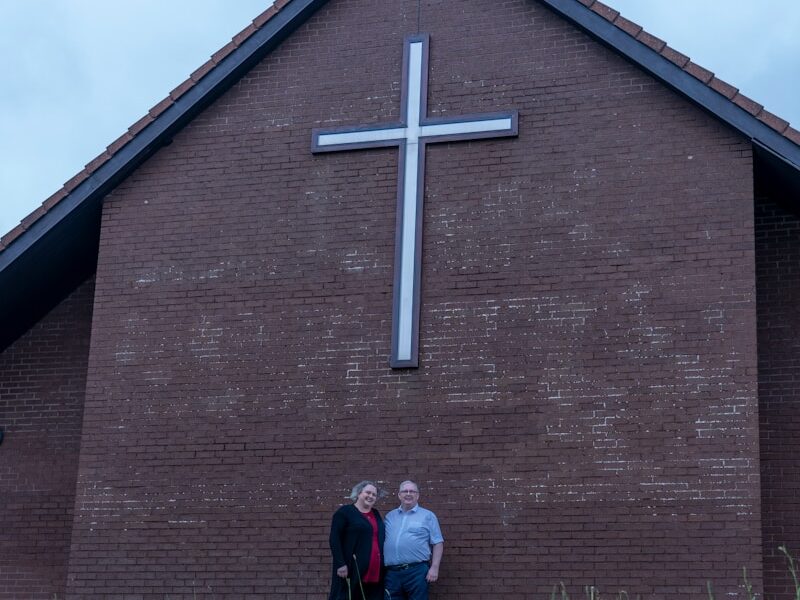
You won’t need to prove your passion or broadcast your devotion. Your faith becomes something lived rather than spoken. It shows up in the way you treat people, the way you forgive, the way you stay kind even when life isn’t. You find God less in the spotlight and more in the quiet: sunlight on the porch, a shared meal, a moment of calm when everything else feels uncertain.
You’ll fail more than you expect, and grace will still find you.

When you start out, you imagine faith means getting better and better at life. Then real life hits. You fall short, lose your temper, repeat old mistakes. You think you’ve disappointed God, but you realize later that He expected your humanity all along. Grace doesn’t lessen over time—it grows deeper. The people who understand forgiveness best are the ones who’ve needed it most.
Loving people will cost you something.

Love sounds easy in sermons. It’s much harder in the daily grind—when someone misunderstands you, when they never apologize, when you’re asked to care again after being hurt. But that’s what love really is: choosing grace even when it’s uncomfortable. You don’t love people because they deserve it. You love them because that’s how God loved you.
The church isn’t perfect—and it never was.
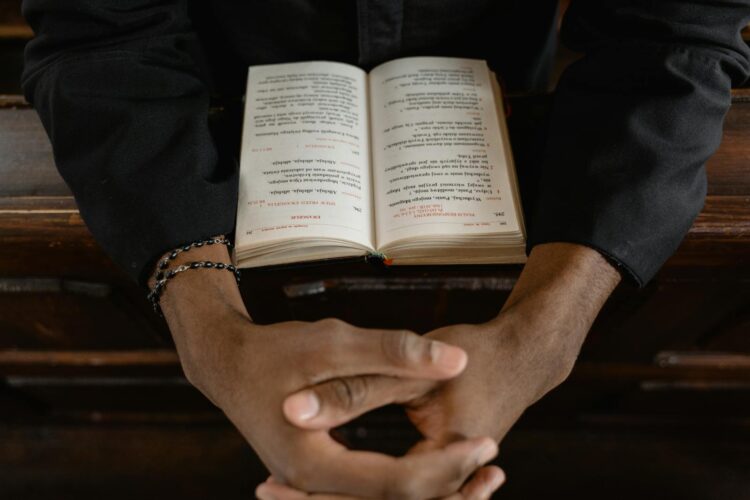
It’s tempting to walk away when you see hypocrisy or disappointment in the church. Older Christians understand that pain, but they also know there’s no such thing as a flawless community. The church is a hospital, not a showroom. Everyone’s broken in different ways. You stay not because people are perfect, but because God still works through imperfect people.
God’s timing will frustrate you—but it’s never wrong.
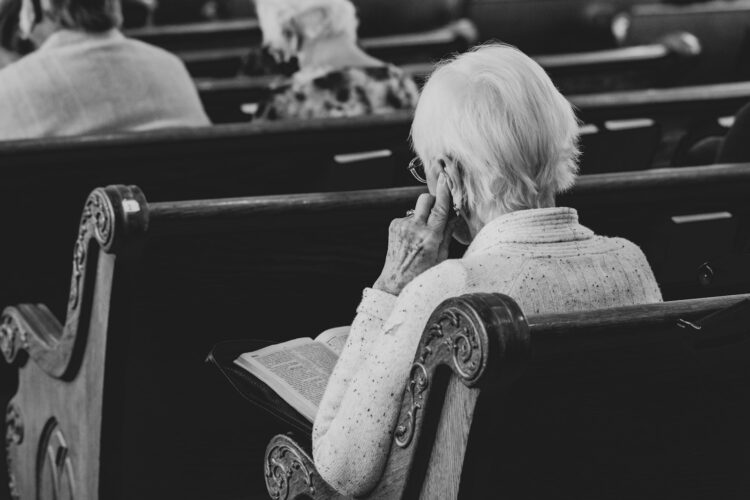
There will be prayers that seem unanswered and seasons that feel unfair. You’ll watch others move ahead while you sit still. But over time, you learn that God isn’t late—He’s deliberate. Some of His delays are disguised protection. Some are preparation. Looking back, you’ll see how perfectly the puzzle fits together when you finally stop forcing the pieces.
You don’t have to have an opinion about everything.

Younger believers often think faith means defending God in every conversation or online debate. Older ones learn that peace doesn’t come from winning arguments. It comes from humility. You can still love people you disagree with. You can stay quiet and let kindness speak louder than certainty. God doesn’t need you to prove He’s right—He needs you to live like He is love.
You’ll outgrow the need to be right all the time.

There comes a point where you realize being right isn’t the same as being Christlike. You stop measuring faith by how many people you can correct and start focusing on how many you can care for. Pride fades, and compassion grows. The more you know God, the less you need to announce it. Wisdom rarely raises its voice.
Forgiveness is more for you than for them.

Holding on to bitterness feels like power at first, but it only chains you to the past. Older Christians know forgiveness is how you free yourself, not how you excuse others. It’s not forgetting—it’s choosing to stop carrying the weight of what they did. It’s refusing to let pain harden your heart. God forgave freely, and He asks you to do the same—not because it’s easy, but because it’s healing.
God isn’t waiting for you to become more impressive.

You don’t need a perfect backstory to be useful. Most of the people God chose in Scripture were messy, reluctant, or scared. He worked through them anyway. The same applies to you. Stop waiting until you feel qualified. Just start where you are, with what you have. God does His best work through ordinary people who finally stop trying to be extraordinary.
The Bible will mean different things in different seasons.

The verses that once inspired you will comfort you later, and the ones you ignored might suddenly break you open. Life experience changes how you read Scripture. Older believers know that the Bible isn’t a static book—it’s a living conversation. You grow, and the words meet you in new ways every time.
You can’t outgive God.

Generosity stops feeling like loss once you’ve lived long enough to see how it circles back. Whether it’s time, forgiveness, or kindness—what you give always finds its way home. Sometimes it returns as joy, sometimes as peace, sometimes as someone else showing up for you exactly when you need it. The math of heaven doesn’t make sense, but it never fails.
You’ll realize faith is about resting, not striving.

At some point, you stop trying to earn what’s already yours. You stop performing, stop hustling, stop worrying whether you’ve done enough. You finally understand that grace means you can exhale. The goal was never perfection. It was presence. The peace you’ve been chasing is already here, waiting for you to rest in it.

